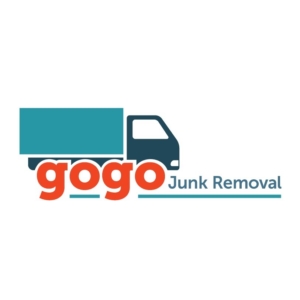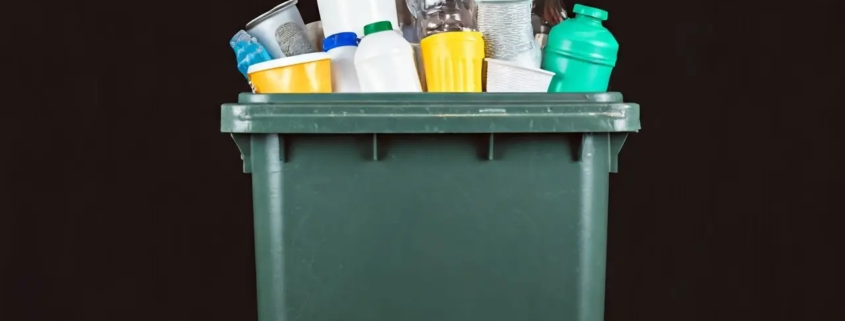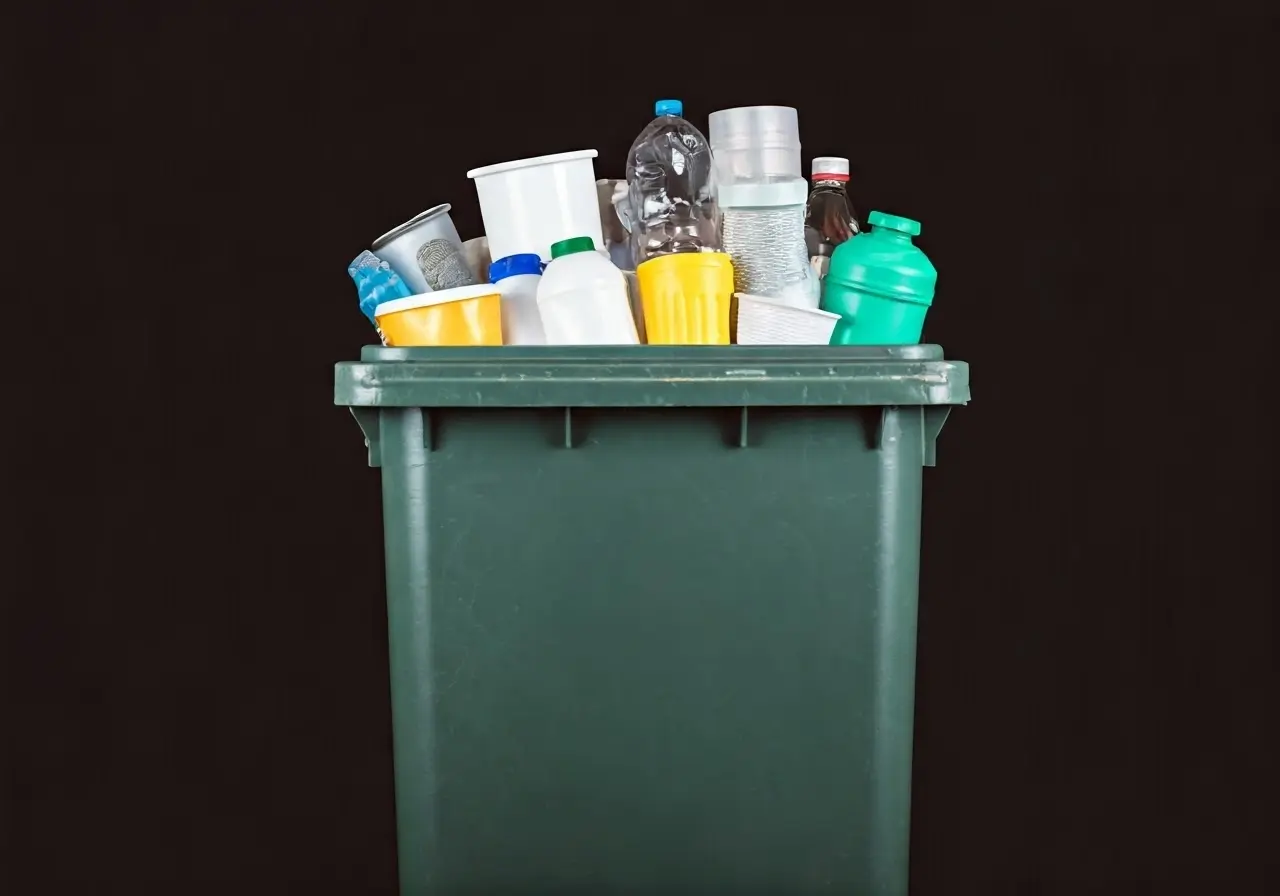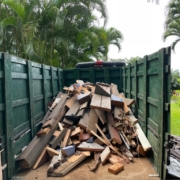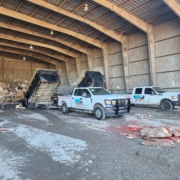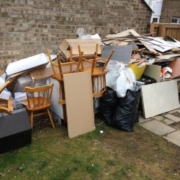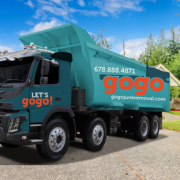15 Eco-Friendly Junk Removal Practices You Can Adopt Today
Tackling junk removal doesn’t have to be harmful to the environment. With a little effort and creativity, you can dispose of your unwanted items in ways that benefit both your home and the planet. This guide will walk you through practical and eco-conscious strategies for junk removal that you can start implementing today.
1. Choose Reusable Over Disposable
Opting for reusable items instead of disposable ones reduces the amount of waste you need to manage in the first place. Consider items like cloth bags, rechargeable batteries, and durable containers. Such choices help minimize the frequency of waste disposal and prevent the accumulation of non-biodegradable items in landfills. By turning towards reusables, not only do you cut down on clutter, but you also significantly reduce your carbon footprint, fostering an environmentally-friendly lifestyle.
The impact of disposable products is often underestimated. Every plastic bag or single-use container tossed into the trash is one more item contributing to pollution. Transitioning to reusable alternatives—a simple action such as carrying a reusable shopping bag or using a stainless steel water bottle—can be a game changer. It’s a step toward a sustainable future that benefits both individuals and the global community.
2. Donate Usable Items to Charities
Before you throw away, think of those in need. Many charities accept gently used clothing, furniture, and household items, ensuring they find a new home instead of a landfill. By donating items, you’re extending their lifecycle and providing resources to those who may benefit. Organizations often have lists of items they need or accept, making it easier to match your donations with their requirements. This practice not only supports charitable causes but also helps your community thrive and reduces overall waste.
Check with local shelters, community centers, or thrift stores to see what they’re accepting. Contributions like these can significantly bolster their efforts, allowing them to serve the community better. Additionally, some charities offer donation pickups for large items, making it even more convenient for you to contribute while decluttering your home. By engaging in this practice, you become part of a cycle that encourages a better quality of life for others while promoting sustainability.
3. Host a Garage Sale
Turn your unwanted items into someone else’s treasure. A garage sale can help declutter your home while making a little extra cash, all without adding to the waste problem. Preparing for a garage sale may also inspire you to evaluate what truly adds value to your life, leading to a more intentional lifestyle.
Holding a garage sale isn’t just about selling items; it’s a wonderful opportunity to engage with your community. Invite neighbors, family, and friends to join in, turning it into a community event where everyone benefits. Additionally, unsold items can be boxed up and donated, ensuring nothing goes to waste, further supporting eco-friendly practices.
4. Consider Online Marketplaces
Platforms like eBay or Facebook Marketplace are perfect for selling or giving away items you no longer need. This helps recycle goods and connects you with people looking for second-hand treasures. It’s an efficient way to clear your clutter while participating in a circular economy, which focuses on minimizing waste and making the most of resources.
Selling online also widens your reach, making it easy to find the right audience for your items. This can lead to more successful transactions and less leftover junk. Plus, online marketplaces often have categories for free or barter transactions, encouraging sustainable exchanges that save resources and reduce pollution.
5. Look for Creative Repurposing Ideas
Repurposing items can be fun and rewarding. Old wood can become new furniture, or glass jars can serve as storage. The possibilities are limited only by your creativity. By giving new life to old objects, you contribute to sustainability and often end up with unique, personalized items that conventional shopping may not offer.
Finding creative ways to repurpose not only saves money but also reduces demand for new products, aiding resource conservation. Many online platforms and community workshops are dedicated to showcasing inventive DIY projects, providing you with inspiration and instructions to help transform what would otherwise be considered junk into functional or decorative pieces.
6. Utilize Community Recycling Programs
Many communities offer recycling programs for various materials. Take advantage of these to ensure that your recyclables are processed properly. Items like paper, glass, and certain plastics can be recycled and used to create new products, reducing the need for raw resources.
Participating in local recycling initiatives helps extend the life of materials and diminishes waste in landfills. Additionally, getting involved in community clean-up events can bolster recycling efforts while building local pride and connection. Check with your local municipality to learn about available programs, including any special services for electronic waste or hazardous materials.
7. Compost Organic Waste
Kitchen scraps and yard waste can be composted to enrich your soil. This reduces the waste you send to landfills and benefits your garden. Composting is a natural process that breaks down organic material into a rich nutrient-focused ‘soil’ called humus.
Setting up a composting system is easier than you might think. Whether you choose a simple outdoor pile or a sophisticated tumbler, composting turns waste into a resource. It’s a gratifying way to close the loop in food consumption, improve garden productivity, and support biodiversity in soil ecosystems.
8. Use Junk Hauling Services with Eco Standards
Some junk hauling companies focus on eco-friendly disposal methods. Choose a service that emphasizes recycling and donation over landfill dumping. For example, full-service junk removal companies often ensure responsible disposal and good stewardship of community resources.
These companies manage everything from excess furniture to construction debris, providing a versatile solution for different removal needs. Services like these offer peace of mind that your items will be handled environmentally responsibly, minimizing the impact of disposal on the planet. By choosing such services, you’re supporting businesses that prioritize sustainability and responsible waste management.
9. Repair and Refurbish Items
Before discarding broken items, consider repairing or refurbishing them. This can save resources and give an old item a new life. Repairing extends the lifespan of products and conserves the energy and materials used to produce new ones.
There are many resources available to help guide you through the repair process, from online tutorials to community repair cafes where volunteers assist with fixing items. Not only is repair cost-effective, but it also promotes a culture of maintenance over disposal, a crucial step towards sustainable living.
10. Organize Swap Meets
Coordinate with friends and family to swap items you no longer need. It’s a great way to refresh your belongings without buying new. Swap meets can be a fun and engaging way to exchange goods and enjoy a communal atmosphere.
Such events encourage the reuse of items, reducing waste and fostering a spirit of sharing and resourcefulness. Swap meets can be organized around specific themes—such as clothing, toys, or books—or be more general to accommodate a wide range of items. They also provide an excellent platform for strengthening community bonds and promoting sustainable practices.
11. Rent Instead of Buying
For items that are used infrequently, like tools or special equipment, consider renting instead of purchasing. This minimizes clutter and reduces demand for new products. Rental services often offer high-quality equipment that may be too costly to purchase, adding both economic and environmental benefits.
Renting also offers flexibility, allowing you to access what you need only when necessary. This approach not only saves storage space but also supports businesses promoting shared economies. Ultimately, renting contributes to a cycle of consumption that is less resource-intensive and more aligned with sustainable living principles.
12. Educate Yourself About Recycling Codes
Understanding the recycling codes on products can help you sort items correctly and ensure they get processed appropriately. Many people are shocked to learn that certain plastics, for instance, cannot be recycled curbside, requiring specific drop-off locations.
By educating yourself on these codes, you contribute positively to recycling efficiency. Sorting correctly ensures materials are recycled properly, reducing contamination and improving the chances they’ll be turned into new products. This small yet significant effort aids the recycling industry and promotes better waste management.
13. Engage with Community Clean-Ups
Community clean-ups are a fantastic way to contribute to a cleaner environment. They also provide an opportunity to meet like-minded individuals. Participating in these events allows you to physically see the impact of collective action on local ecosystems.
Through clean-up efforts, you help in maintaining and enhancing the attractiveness of public spaces, creating a more enjoyable environment for everyone. Clean-ups often lead to further awareness and initiative for local sustainability, strengthening community bonds and advancing environmentally-conscious practices.
14. Support Eco-Friendly Brands
Choose brands that emphasize sustainability and ethical practices. Supporting them helps demand better industry standards. When consumers show preference towards these products, it signals the market to maintain environmental sensitivity as a competitive necessity.
Look for certifications, such as Fair Trade or B Corp, which indicate a company’s commitment to responsible production and consumption. By prioritizing eco-conscious brands, you vote with your wallet, encouraging businesses to value sustainable development and consider the impact of their operations on the environment.
15. Educate Others on Eco Practices
Share your knowledge and tips with others to spread awareness about eco-friendly junk removal practices. Together, you can create a more significant impact. Hosting workshops or starting a community blog can be effective ways to educate and inspire those around you.
By fostering a dialogue about waste reduction and sustainability, you become an agent for change. Encouraging others to adopt sustainable habits not only amplifies positive effects but also normalizes eco-friendly living. This ripple effect can lead to larger societal shifts towards greener practices.
